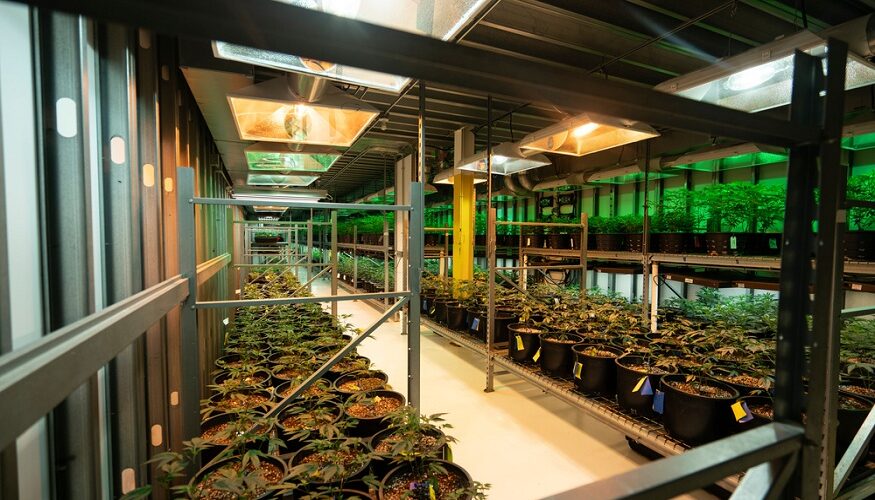Cannabis is big business in this country. That much is no secret. What many consumers do not realize is that there is growing tension among Big Cannabis’ corporate operators and the employees who work for them. That tension is paving the way toward industry unionization.
In the early days of legal medical cannabis, nearly every grower, processor, and dispensary was a mom-and-pop business. These were small businesses that tended to employ no more than a dozen or so workers. And more often than not, workers felt like members of the family. So much has changed over the last 5 to 10 years.
Big Cannabis Has Taken Hold
The most pronounced change in the cannabis space over the last decade is the influence wielded by corporate interests. Known collectively as Big Cannabis, these corporations have done what corporations do in every sector: drive growth by buying up independent competitors at the local level.
In Arizona, where unionization efforts are fairly strong, employees complain about corporate operators coming in and buying their family-owned businesses only to change policies in ways that negatively impact employees. One such company discussed in a Marijuana Moment piece changed a dispensary’s tip policy for budtenders, leading to a decline in take-home pay of as much as 40%.
Arizona’s union leaders say it is time for Big Cannabis to begin sharing the millions it makes from cannabis with the workers who make their local operations run smoothly.
What Mass Unionization Could Mean
For the time being, unionization efforts are seeing mixed results around the country. But momentum is definitely picking up in Arizona. As more local operations unionize, the unions themselves are motivated to work even harder.
Could unionization become the standard in the cannabis space across the country? And if so, what would that mean to the industry? The answers to both questions depend heavily on state regulations and what Washington eventually does with decriminalization.
In Utah, where Park City’s Deseret Wellness says cannabis consumption is still strictly medical-only, efforts to unionize are virtually nonexistent. There are only a limited number of growers, processors, and pharmacies licensed in Utah. That is by design. For that reason, Utah is not a big target for Big Cannabis. That could change under federal decriminalization.
Meanwhile, neighboring states like Colorado and Arizona have opened the door to recreational consumption. When a state does that, they are essentially removing all legal restrictions. Doing so is an open invitation to Big Cannabis coming in and buying up all the independent operators.
The Makings of a Powerful Union
We know that the once powerful labor unions that dominated the American landscape began losing that power when their numbers started declining back in the 1980s. These days, younger baby boomers, Gen Xers, and millennials are less likely to be married to the union concept. But among the Gen Z generation, union messaging is attractive.
It is quite possible that ongoing unionization efforts in Arizona could spread to other states. It’s possible that Big Cannabis employees have the makings of a very powerful union at some point down the road. Like it or not, one of the inevitable results will be higher retail prices.
It is easy for unions to say that Big Cannabis needs to share its profits. But the reality is this: corporate operators are not going to accept a lower margin in order to pay workers more. They will simply raise retail prices in response to union demands.
It appears as though Big Cannabis is on its way to unionization. Whether or not that is a good thing depends on your point of view.

